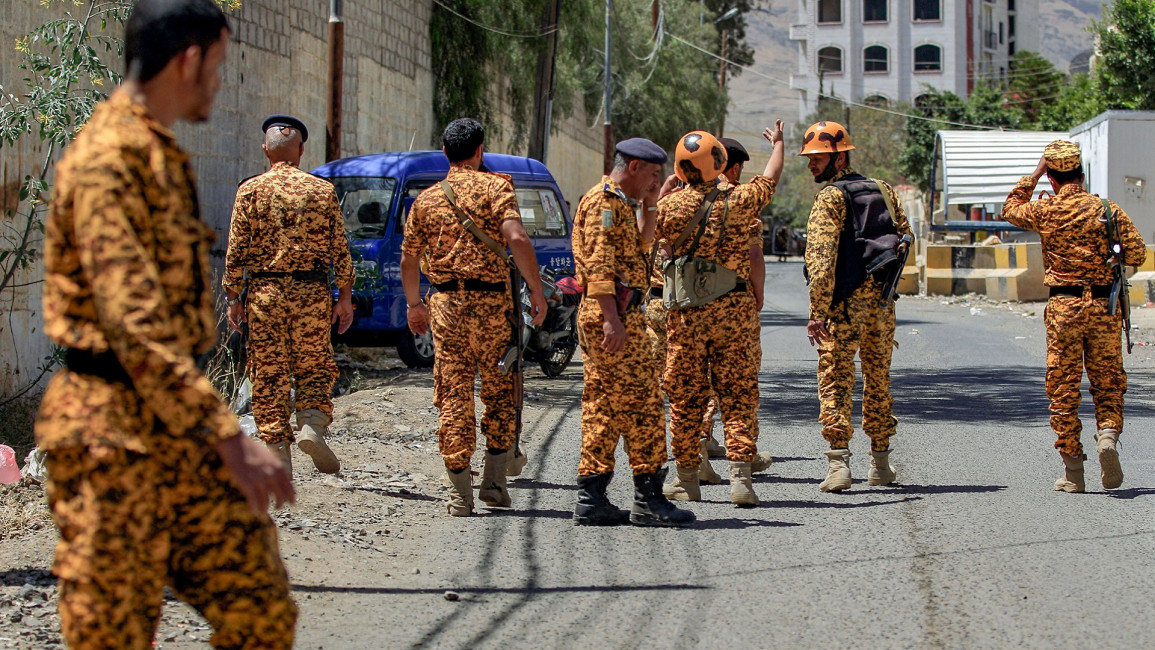UN urges Yemen's warring parties to accept peace plan
"All we need now is for the parties to agree to this deal. That's all," Martin Griffiths said.
The envoy said the council was united behind the conclusion that only a "negotiated political solution" would provide a way out of the conflict.
"Generally, it is also true that there is a convergence of diplomatic voices in favour of an end to the war and its successful political resolution," he added.
Yemen's civil war, which started in 2014, pits Iran-backed Houthi rebels against an internationally recognised government backed by a Saudi-led military coalition.
The conflict has claimed tens of thousands of lives and displaced millions, according to international organisations, sparking what the UN calls the world's worst humanitarian crisis.
The US ambassador to the UN, Linda Thomas Greenfield, said most of the blame for the fighting in Yemen lay with the Houthi rebels.
Twitter Post
|
"We now urge the Houthis to respond and engage productively. Houthi actions to date do not lead us to believe they are committed to a peaceful resolution of the conflict," she said.
"The Houthi offensive in Marib continues to take Yemeni lives - including those of internally displaced persons," she added, referring to the capital of an oil-rich region and the government's last significant pocket of territory in the north.
Since February, the UN has been pushing a nationwide ceasefire, the opening of north-south roads to guarantee movement of people, humanitarian and other aid, and the launch of a political process to end the fighting.
According to Mark Lowcock, the UN's humanitarian chief, "the situation in Yemen - already the world's largest humanitarian crisis - is still getting even worse," and is further exacerbated by surging Covid-19 cases.
"A new wave of infections has more than doubled the number of confirmed cases in just six weeks. More people are getting sick, including doctors, nurses and aid workers, although reporting mechanisms capture only a small share of cases," he said.
Lowcock noted that health facilities and hospitals are having to turn people away because they lack the space and the resources.
"Right now, the virus is moving much faster than we can keep up. Vaccines won't be enough to suppress the second wave," he said.
"So we urgently need more resources to scale up treatment, monitoring and other activities that will mitigate the impact of the pandemic."
Agencies contributed to this report.
Follow us on Facebook, Twitter and Instagram to stay connected


![President Pezeshkian has denounced Israel's attacks on Lebanon [Getty]](/sites/default/files/styles/image_684x385/public/2173482924.jpeg?h=a5f2f23a&itok=q3evVtko)



 Follow the Middle East's top stories in English at The New Arab on Google News
Follow the Middle East's top stories in English at The New Arab on Google News


